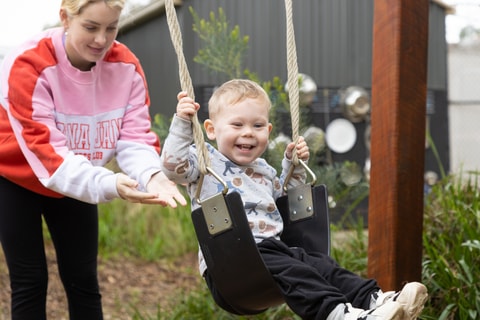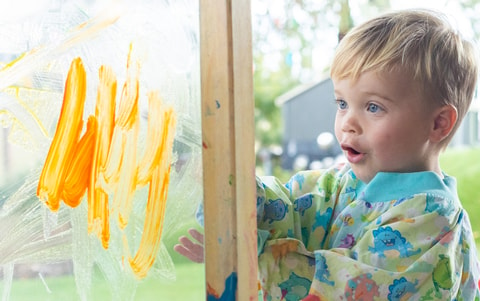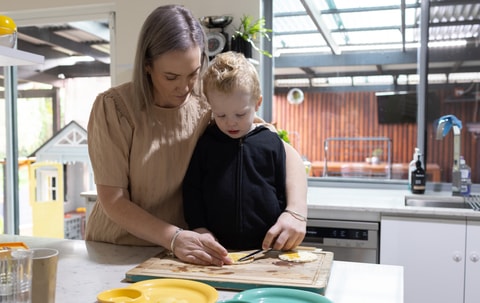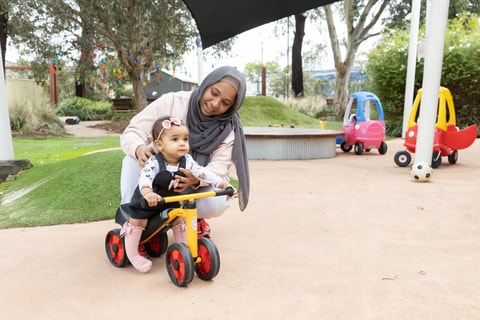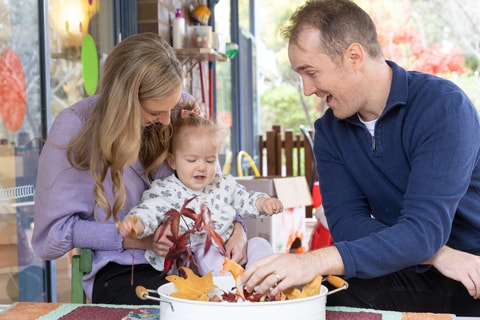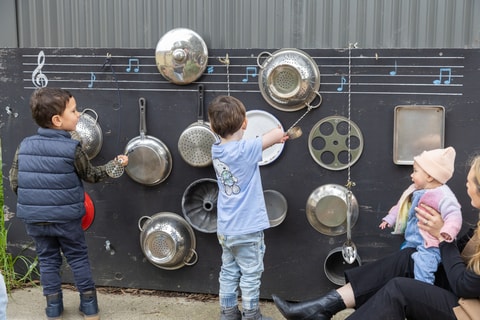We believe every child deserves the best start in life. We’re here to provide families with specialised services, guidance and education to support them on their parenting journey.
Fill out a referral
Do you need support or guidance with parenting? Or feel like one of our programs could be beneficial? Follow the link to our referral form to get started.



